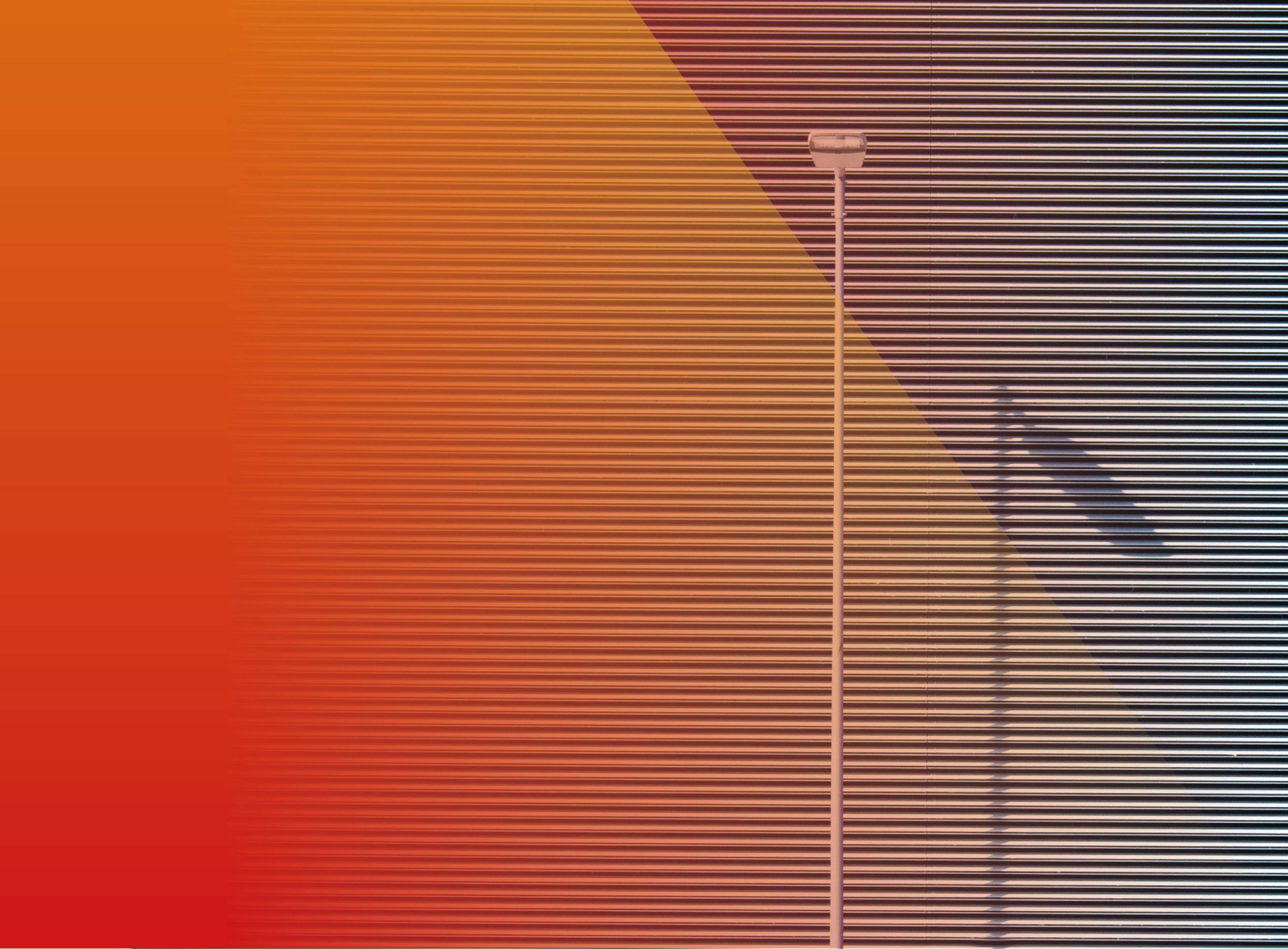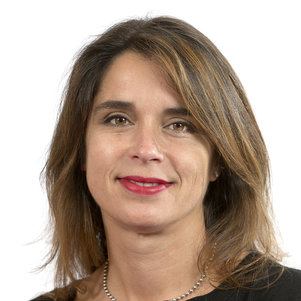Architecture Philosophy and Theory

The Architecture Philosophy and Theory chair deals primarily with ontological, philosophical and theoretical forms of inquiry, which support the epistemological and methodological modes of research present in the Department. It approaches its research and educational agenda through the perspective of ‘theory as multiplicity’, a view that regards architects as theorists: as practitioners active in the production of concepts, theories, speculation and practical experimentation, rather than as specialized theoreticians or ‘armchair’ architectural critics. We believe that in order to respond to some of the more pressing societal and environmental demands of our contemporary world, architects, and students of architecture need to develop the awareness that, as a material- discursive practice, architecture is always already a ‘worlding’ practice.
The need for transdisciplinary collaborations with other fields of knowledge highlights the significance of architectural knowledge and the role of theory and philosophy, understood specifically as the realms of thought and the production of concepts and speculative experimentation, as vital components in the education of architects. In particular the promotion, advancement and amplification of architecture thinking and problematization as teachable skillsets, and as critical tools for the formulation of architectural problems (for design), brings to the fore the importance of a comprehensible academic and educational philosophy-theory program focusing on the relational qualities of the milieu, understood as the lived environment. In other words, the promotion of the awareness that architecture is a mechanism -or maker- of culture, and not one of its representations.
Amplifying the areas of expertise of our research staff – the ecological turn, affect & affordance theory; philosophy of science & technology, digital humanities and AI; new materialisms, agential realism, geo-philosophy and geo-politics; and de/ colonial, queer and feminist theory –, our approach focuses on investigations of the embodied, embedded and affective qualities of architecture, analyzing its ‘situatedness’ and complexity in the present, and in the ‘yet-to-come’ (futurity). These investigations flow into our educational program, including a foundational LDE Minor (‘Modes of Existence: Architecture and Philosophy’) with Erasmus School of Philosophy; two introductory lectures on architecture theory at MSc1; two deepening courses on philosophy and theory, and a design studio at MSc2; our participation in the Research Plan course and graduation projects at MSc3, as well as the Ecologies of Architecture doctoral advanced research seminar.

Nicolette van Dongen
- +31 (0)15 278 87 06
- N.J.vanDongen@tudelft.nl
-
01.Oost.700
Members
Research staff:
- Cécile Calis
- Roberto Cavallo
- Micha de Haas
- Filip Geerts
- Robert Gorny
- Stavros Kousoulas
- Joran Kuijper
- Stefano Milani
- Andrej Radman
- Oscar Rommens
- Negar Sanaan Bensi
- Marc Schoonderbeek
- Alper Semih Alkan
- Heidi Sohn
- Steven Steenbruggen
- Agnes van der Meij
- Johan van Lierop
Post docs:
PhDs: